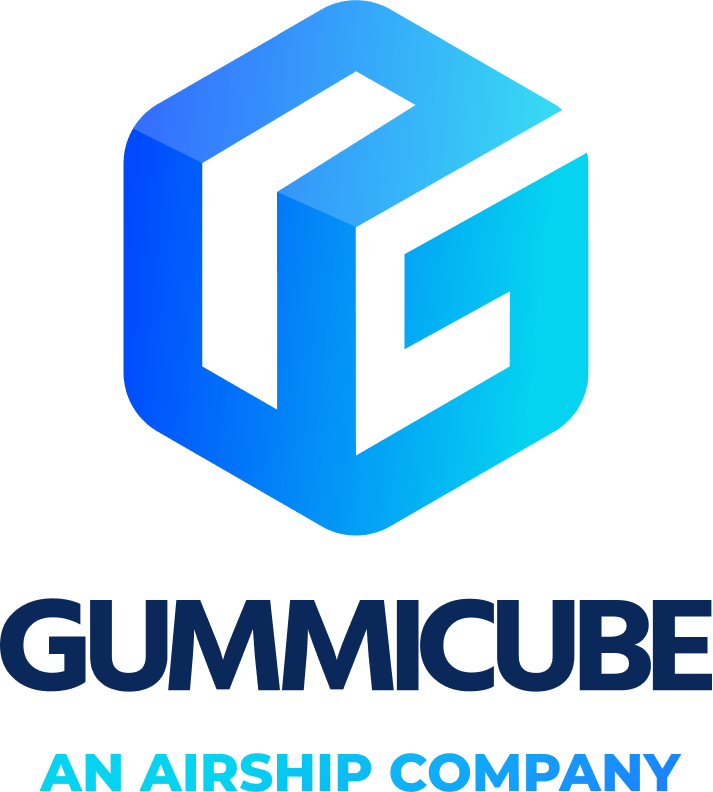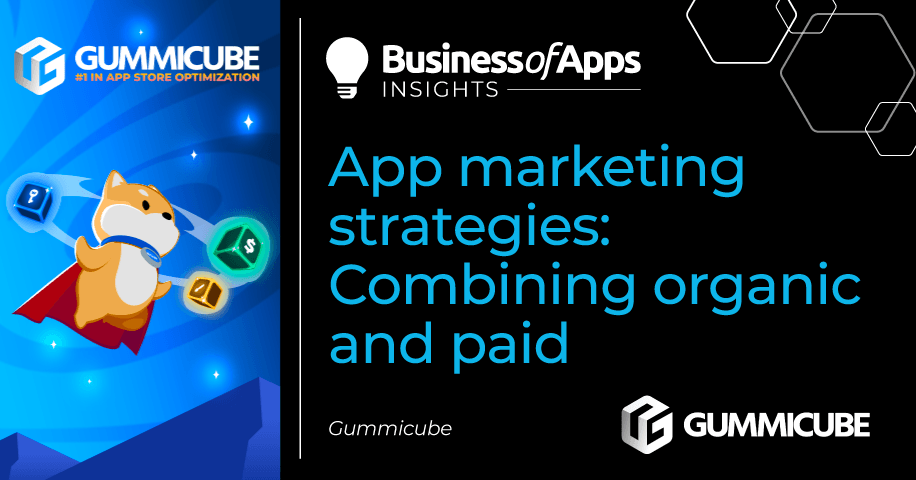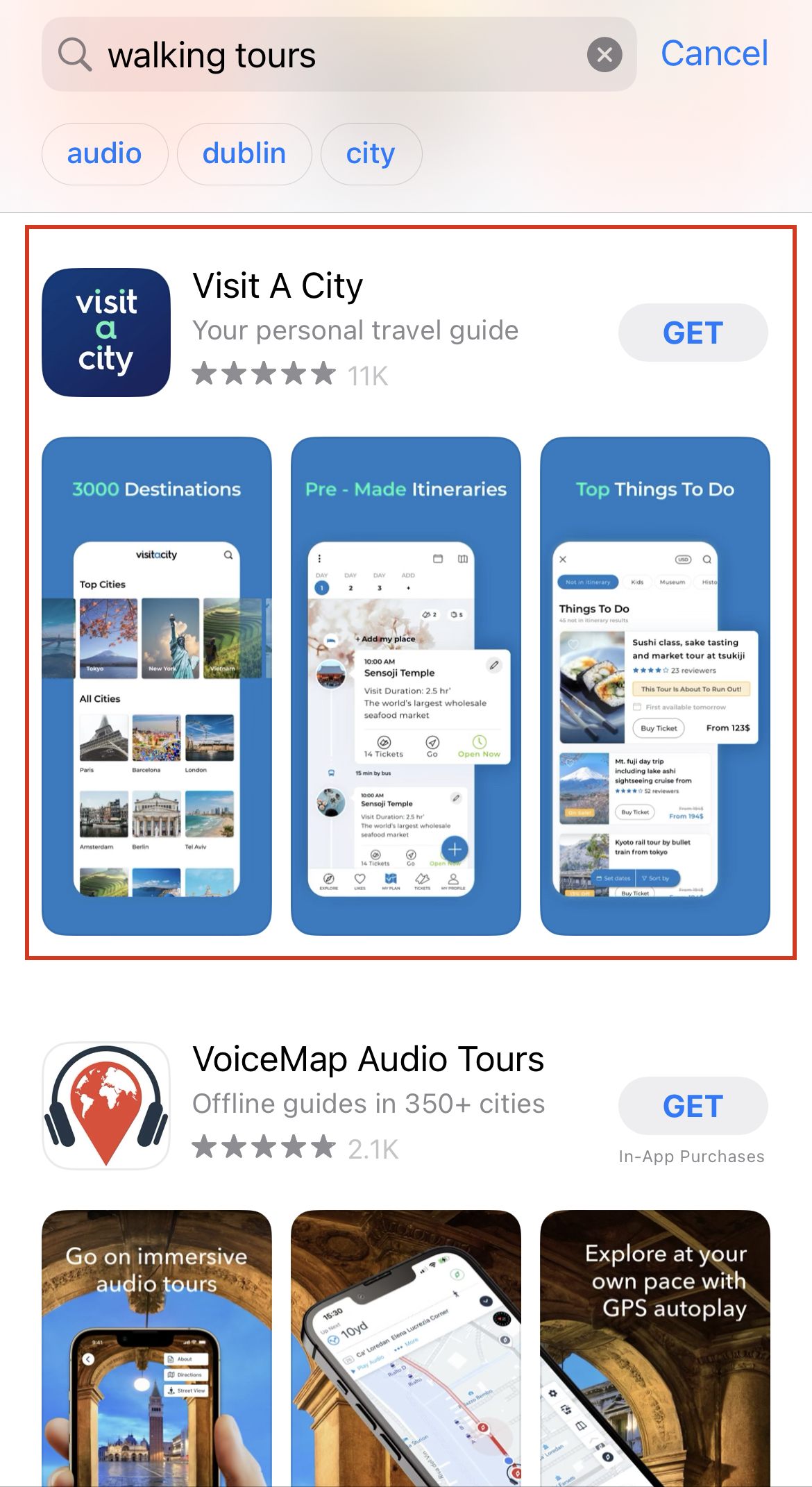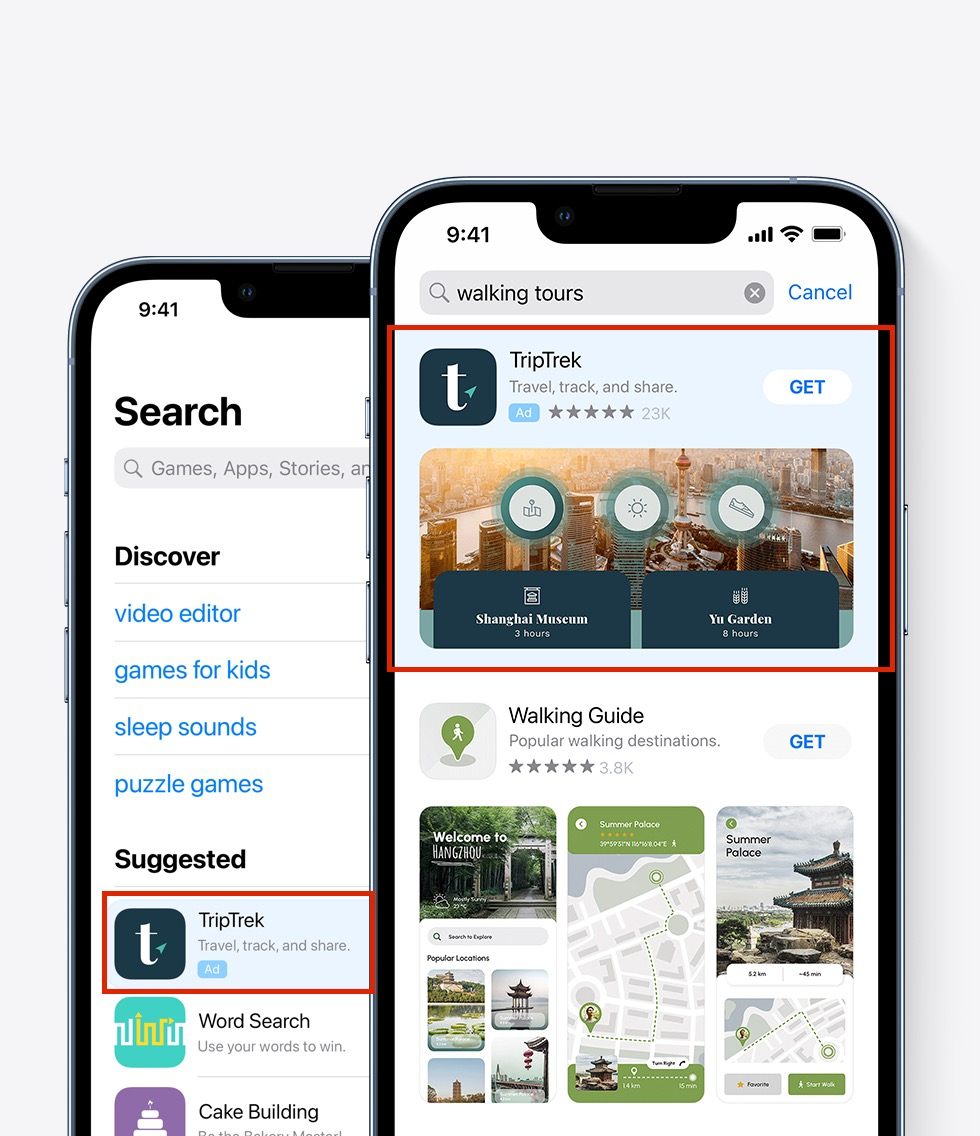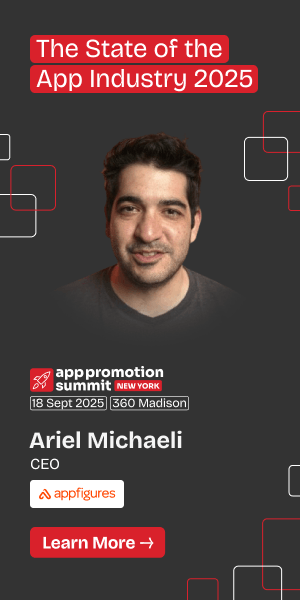Which channels, paid or organic, yield higher user acquisition rates and better user quality?
While both organic and paid channels are crucial for maximizing app outreach, it is important to analyze and understand their significance in the context of App Store Optimization (ASO). Even more importantly, it’s essential to grasp how they are capable of forming a synergistic relationship for app growth.
Organic app marketing vs paid search marketing
With users constantly looking for new experiences, it comes as no surprise that new apps are introduced every single day with developers looking to get their own share of success. Recent reports placing total app downloads at over 140 billion inevitably motivate app marketers to grab their piece of the pie. So should they focus on paid marketing or organic?
Organic app marketing is what will set your app up for sustainable long-term success. Developing a solid keyword strategy driven by your core feature set and unique value proposition will remain fundamental regardless of any paid marketing you look to run. Additionally, users’ search queries over a prolonged period of time will regularly relate to the core features of your app, regardless of any temporary trends.
Apple Organic Listing
Source: Gummicube
Paid campaigns generate installs while the campaign is active, while organic outreach persists as long as your app remains available. Seeing how about 60% of app installs derive from organic searches, it’s essential to develop an ASO strategy that acts as a solid driver of App Store and Play Store discovery. However, this doesn’t mean you’re safe ignoring paid app marketing initiatives entirely. Neglecting paid search campaigns can cause you to miss out on obtaining more downloads and valuable insight into your target audience.
Paid campaigns allow you to pursue specific keyword objectives in a shorter time frame than possible with organic alone. Apple Search Ads and Google Ad campaigns can get you closer to reaching your target audience and knowing which strategies work in less time. They can also scale your existing organic performance (budget permitting) to new heights with increased visibility for the keywords selected.
Apple Search Ads
Source: Gummicube
Now the question is, “Which strategy is right for you?” The answer… both.
Fire Up Your Growth!
Moburst propelled leading brands like Google, Reddit, and Uber to the next level. Let’s ignite your Success journey today!
Claim Your FREE Growth Fuel!Paid app marketing and organic ASO – How to combine them
Consider a new app in the market, whose developers are still wondering how they can attract users and pick up traction. While an effective ASO strategy that promotes prolonged organic growth should be in place, it may take some time before significant results are noticed. This is where running paid search ads come in.
Paid ads play a crucial role in enhancing an app’s organic growth and reach, and as a result, maximizing the potential of organic acquisitions. When users click on an app featured in an Apple Search Ad or Google Play Store Ad, it generates traffic that improves the app’s click-through rate (CTR) and keyword indexation. This, in turn, increases the app’s visibility in organic search results, leading to more users discovering the app organically over time. If your app listing is set up optimally, the audience coming from your campaign will be more likely to convert.
Building brand recognition is a pivotal factor in app growth. Marketing data indicates that prospective users typically need exposure to an ad or brand around seven times before establishing a connection, so continuous exposure to an ad can result in a download with an effective campaign.
Apply your own paid and organic app marketing strategies
Tackling your mobile app marketing doesn’t have to be an either-or decision between organic and paid. Incorporating both acquisition channels into your marketing plan creates a comprehensive ASO strategy that leverages the power of both in the short and long term.
Organic app marketing provides the foundation for free continuous app growth over time as you gradually adapt your metadata strategy to fit current and future objectives. Paid initiatives, on the other hand, serve as powerful tools for gaining insight into different marketing efforts.
Whether you’re just starting off or an app marketing veteran leveraging both channels can consistently attract new, high-quality users for your app.
Learn how to combine the power of organic ASO and paid marketing with the App Store Optimization experts at Gummicube. Get in touch today!

